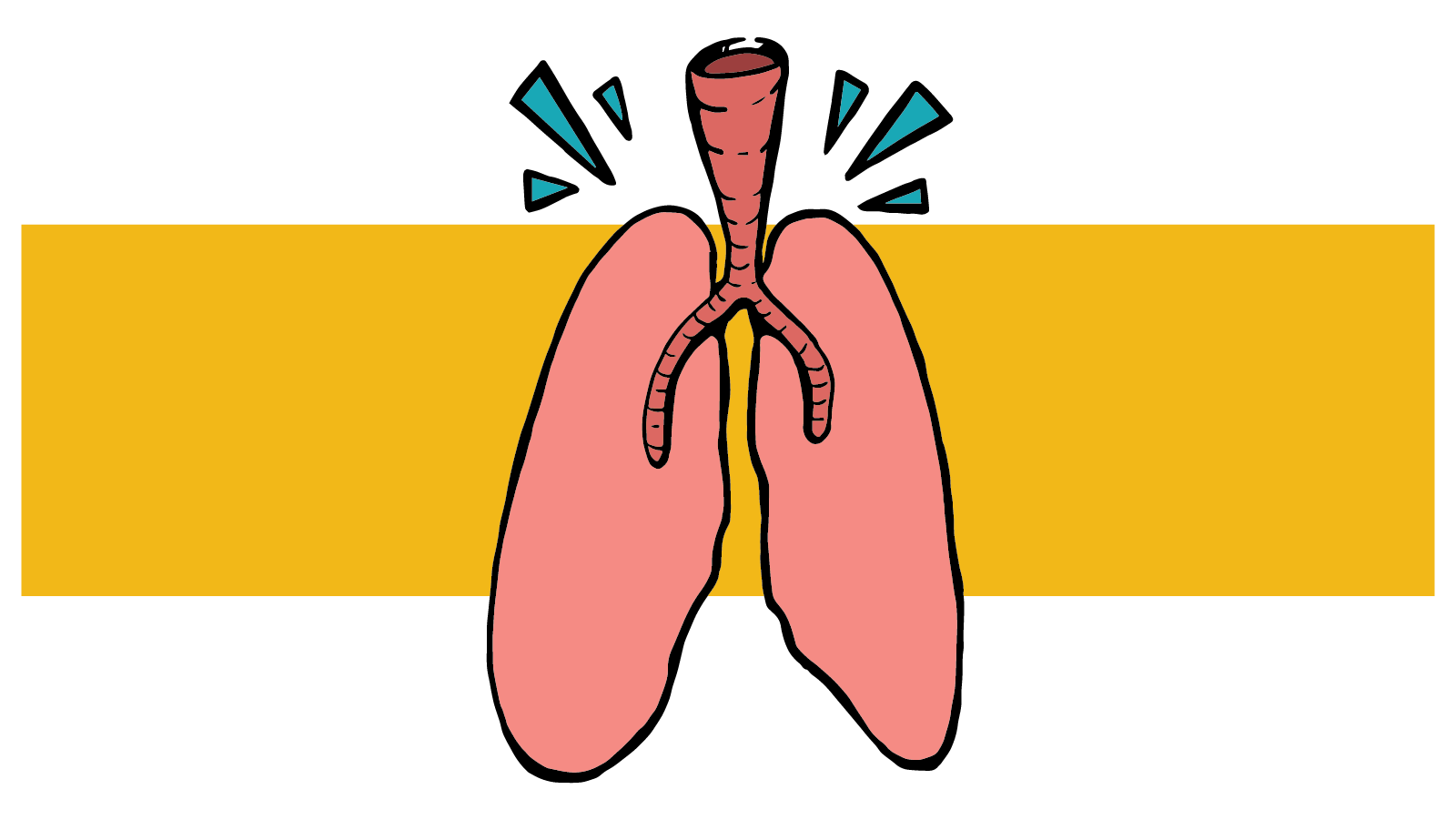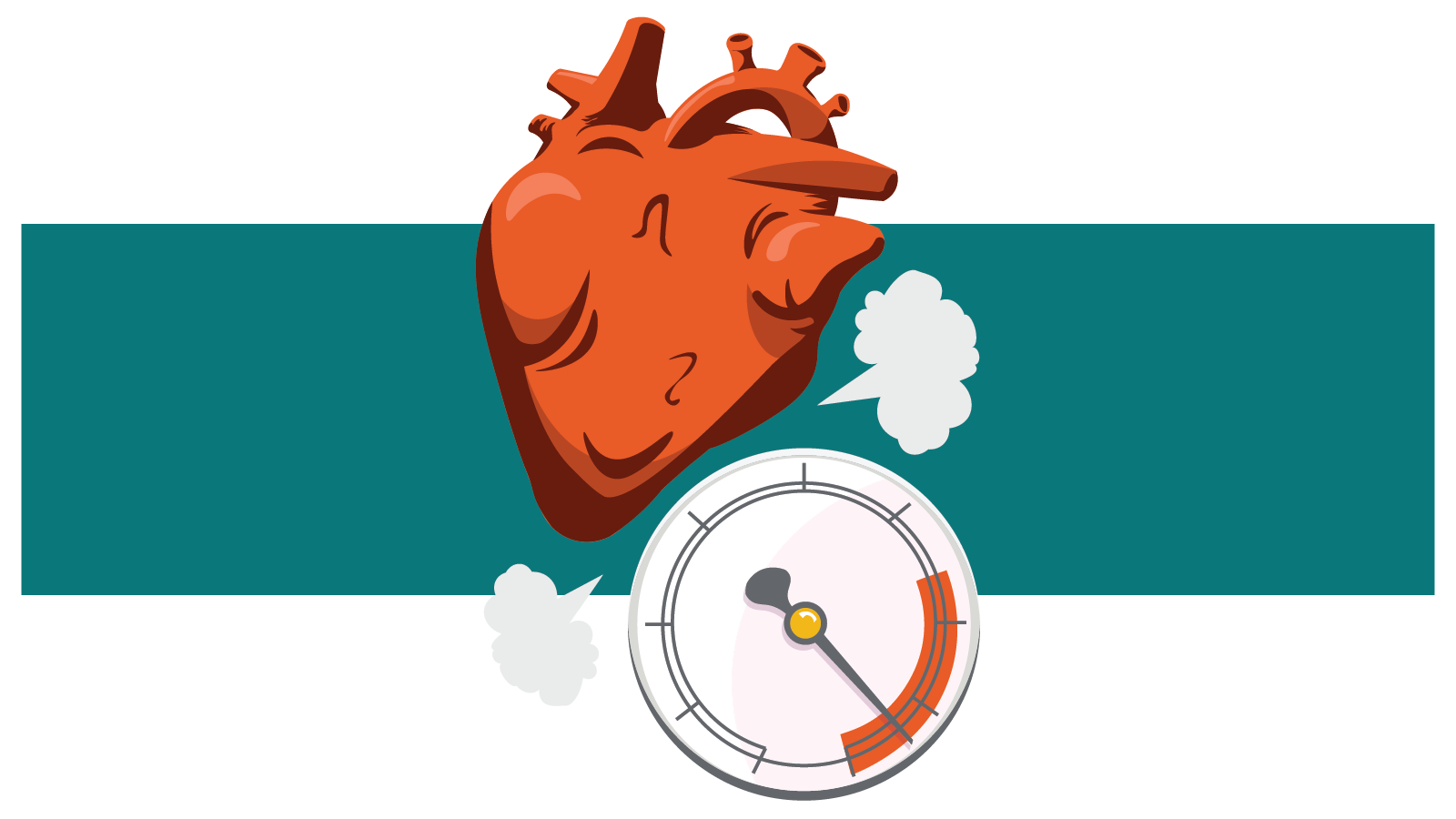Making Fitness Easier: 5 Tips for Starting a Fitness Journey
According to the CDC, only 53.3% of adults in the U.S. meet the aerobic physical activity recommendation and only 23.2% meet both the aerobic and...

Every 24 hours, humans manage to inhale air upwards of 17,000 times, pulling 2,000 gallons of whatever is floating around us inside our airways by mouth or nose—whichever gets the job done.
Whether we’re aware of breathing or have other things on our minds, the autonomic (involuntary) nervous system controls this process by slowing down or speeding up our breathing rate, thanks to multiple sensory nerve systems that send signals to breathing centers in the brain: sensors that detect carbon dioxide and oxygen levels in the blood, sensors in joints and muscles that signal to our brains that we are on the move and need more oxygen, and airway sensors that pick up on irritants breathed in through the airways.
Most of the time, these sensors trigger a strong physical response to clear irritants. We sneeze or cough as long as it takes, knowing that once the irritating offenders are expelled, constricted airways relax, and the autonomic nervous system takes over again—breath in, breath out. Inhale, exhale.
Most of us don’t think much about breathing—and that’s a good thing, overall.
It would be great if we could leave it there, with calm, clear airways doing what they’re formed to do and getting on with life. But, according to the American Lung Association (ALA), more than 34 million Americans live with chronic respiratory conditions like asthma, chronic obstructive pulmonary disease (COPD), and lung cancer.
Asthma, now the most common airway disease in the United States, is also one of the most common reason kids miss school—but pediatric asthma is no day off.
Kids living with asthma experience the same type of bronchial irritation other kids experience, but once triggered, asthma causes prolonged airway obstruction and can lead to permanent organ damage and death.
Asthma isn’t curable, but asthma episodes (often called ‘attacks’) are preventable with specific and attentive measures by parents, caregivers, and providers—ideally, these helpers can be "asthma partners” who agree together to set kids up for successful asthma management as they grow.
Having a familiar asthma action plan in place helps patients and parents prepare ahead of time to reduce the risk of an asthma episode, and makes it more likely the child has consistent access to emergency rescue treatments (like inhalers) when every moment counts. Here are a few basic details to keep on hand, based on one example of an asthma action plan from The Mayo Clinic:
Asthma is a serious disease, but it is controllable. The CDC’s recommendation for “well controlled” asthma is worth review and emphasizes what parents and caregivers already know: Knowledge is key to managing asthma, but the real work is staying consistent. Here's what they say. Asthma may be well controlled if:
Healthcare Highways Health Plan offers qualified members care coordination services, made up of professionals that actively work with members struggling with chronic conditions like asthma.
If you are a health plan member and would like to learn more about care coordination benefits, call us! Our Customer Experience Advocates team will help you find out if you qualify for this no-cost personalized service and connect you with the care you need. Check your Healthcare Highways Health Plan ID card for your Customer Experience Advocate team's phone number, or reach out online. We'll take it from there!

According to the CDC, only 53.3% of adults in the U.S. meet the aerobic physical activity recommendation and only 23.2% meet both the aerobic and...

According to the VA’s National Center for Post-traumatic Stress Disorder (PTSD), 12 million adults in the United States will be diagnosed with PTSD...

Hand over heart—when was the last time you checked in with your cardiovascular health? Checked your blood pressure? February is National Heart Health...